If you are considering abortion or have already decided that abortion is the best option for the outcome of your pregnancy, take three simple steps to ensure your safety during the procedure and recovery. Obtain a lab-quality pregnancy test, ultrasound, and information about the procedure's risks.
Pregnancy Test
Why take another pregnancy test if you already tested positive at home? While uncommon, false-positive responses can happen with home pregnancy tests. Usually, this is caused by applying too much urine to the testing strip or reading the pregnancy test past the recommended time.
Take a lab-grade pregnancy test to ensure greater accuracy.
Confirmation Ultrasound
When you are considering abortion, this step might seem unnecessary. However, ultrasounds offer three essential pieces of information necessary before an abortion:
Viability: up to 20% of pregnancies end in miscarriage. This means a pregnancy might fail to develop even with a positive pregnancy test. In this case, an abortion may be an unnecessary procedure and added expense as miscarriages often pass on their own without medical intervention. Women experiencing miscarriage should remain under the care of a medical provider to determine if intervention is needed.
Date: the abortion procedure that is appropriate for a woman relies in part on how long she has been pregnant. For example, the FDA has only approved the abortion pill for pregnancies up to 10 weeks. Pregnancies that are further along will need surgical abortions for the mother's safety.
Location: Abortion is not an effective treatment for ectopic pregnancy, a life-threatening condition in which the embryo attaches outside of the woman’s uterus. Ultrasound is needed before an abortion to determine the location of the pregnancy and diagnose ectopic pregnancy as soon as possible because early treatment of ectopic pregnancy can limit a woman’s risk of severe complications.
Procedure Risks
Women experience recovery from their abortion at home and will not be monitored by medical professionals. This means that it is the woman's responsibility to understand the risks of abortion and monitor herself for signs and symptoms of complications. This is the best way for a woman to prioritize her health and safety during and after an abortion.
The risks of abortion can include the following:
Incomplete abortion, which may need to be followed by surgical abortion
Uterine scarring or perforation
An ongoing pregnancy if the procedure doesn't work
Heavy and prolonged bleeding
Infection
Fever
Digestive system discomfort
A woman should understand when to seek medical assistance following her abortion. She should have a plan for whom she will call if she has any signs or symptoms of complications. These signs and symptoms can include:
Heavy bleeding — soaking two or more pads an hour for two hours
Severe abdominal or back pain
Fever lasting more than 24 hours
Foul-smelling vaginal discharge
We Are Here to Help
To learn more about your pregnancy options, including abortion, or to get free pregnancy testing and ultrasound, contact us today.








